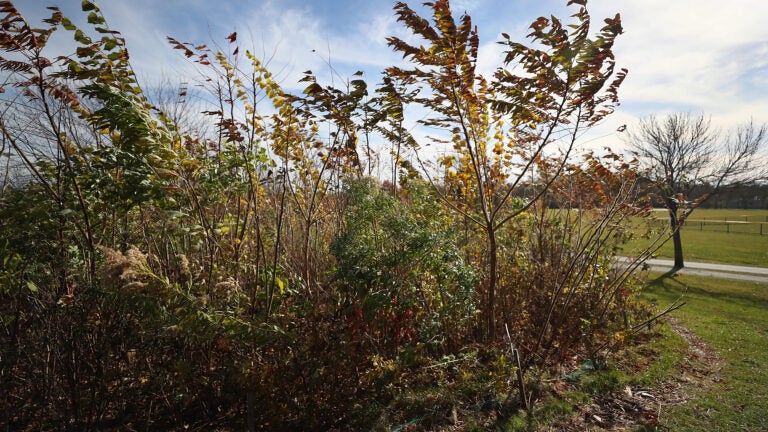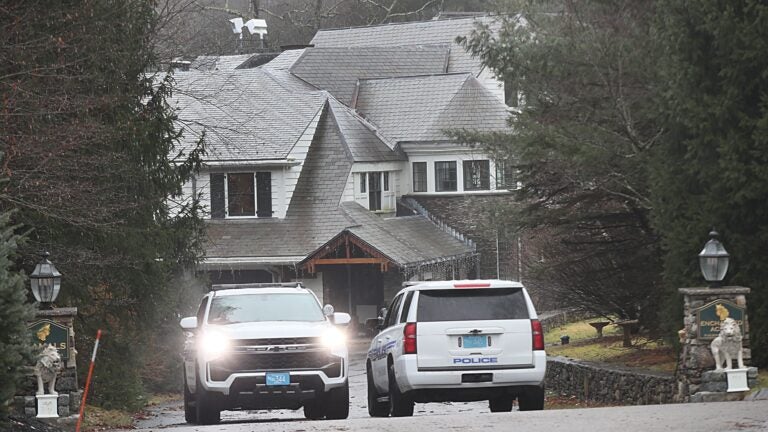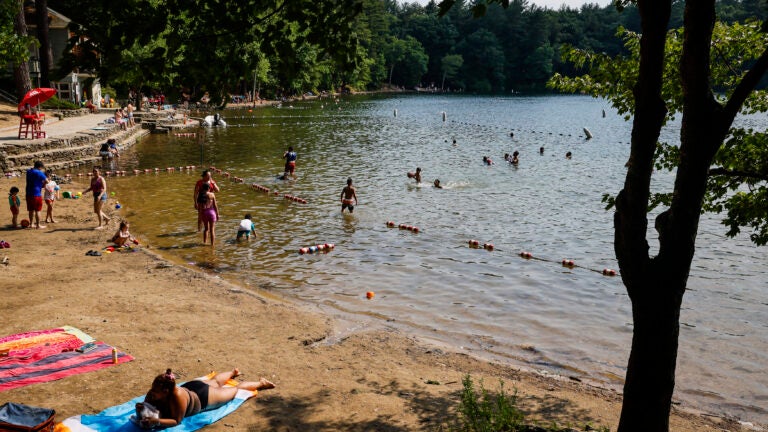Newsletter Signup
Stay up to date on all the latest news from Boston.com

Worcester is moving ahead with planting two tiny forests aimed at boosting biodiversity and climate resilience.
On Tuesday, the city announced where the unique woodlands will be put in the ground.
The planting of the two Miyawaki forests, part of a pilot program by the city, will be completed by the end of June, according to the Worcester Department of Sustainability and Resilience. The forests, named for Japanese botanist Dr. Akira Miyawaki, are designed to be multi-layered, densely arranged native forests that help mitigate the urban heat island effect, assist with the managing of stormwater run-off, and support biodiversity.
The first Miyawaki forest in the Northeast was planted in Cambridge’s Danehy Park in 2021. In just a few years, the 4,000-square-foot microforest has thrived, absorbing storm water, suppressing weeds, and staying lush despite a drought in 2022.
Worcester’s first Miyawaki forest, which will measure about 6,400 square feet, will be planted in part of the McGrath Parking Lot near the Worcester Public Library at 3 Salem Square, the city announced. The area will also include the creation of a 1,000 square feet of community gathering space.
According to the city, the second microforest will be 8,000 square feet, planted in Plumley Village at 16 Laurel St. A 3,000 square-foot community picnic area will be built next to the Miyawaki forest.
According to the Worcester Department of Sustainability and Resilience, the city is also working on designing two “CoolPockets,” which it described as “shaded retreats” to combat urban heat effects at Columbus Park Elementary School and a section of Vernon Hill Park. Additional funding is still being secured for construction of the pockets.
The city described both the Miyawaki forests and CoolPockets as “key components” for mitigating climate change impacts, including air quality deterioration, flooding, and urban heat islands, in Worcester. According to the Department of Sustainability and Resilience, all four locations are in environmental justice areas of the city where vulnerable populations experience excessive heat due to the lack of trees and other shade sources.
“The Worcester Miyawaki Forests and CoolPockets project is a step forward in promoting environmental stewardship and community well-being,” City Manager Eric D. Batista said in a statement. “These projects symbolize an opportunity to strengthen our city while fostering connections among its diverse residents. Our commitment to community engagement is essential to the project’s success.”
The city is working with BSC Group and Bio4Climate for the planning, design, and implementation of the Miyawaki forests. BSC Group is designing the two CoolPocket sites, according to the city.
Stay up to date on all the latest news from Boston.com





Stay up to date with everything Boston. Receive the latest news and breaking updates, straight from our newsroom to your inbox.
Conversation
This discussion has ended. Please join elsewhere on Boston.com